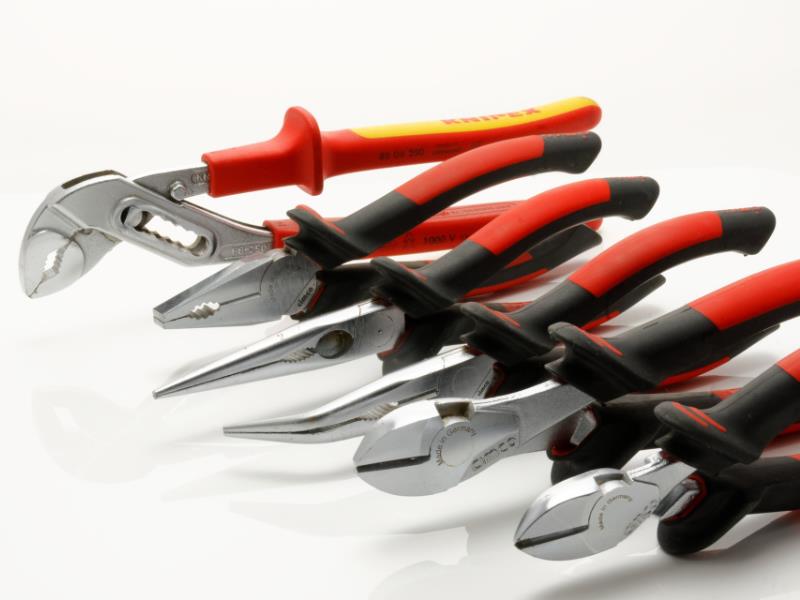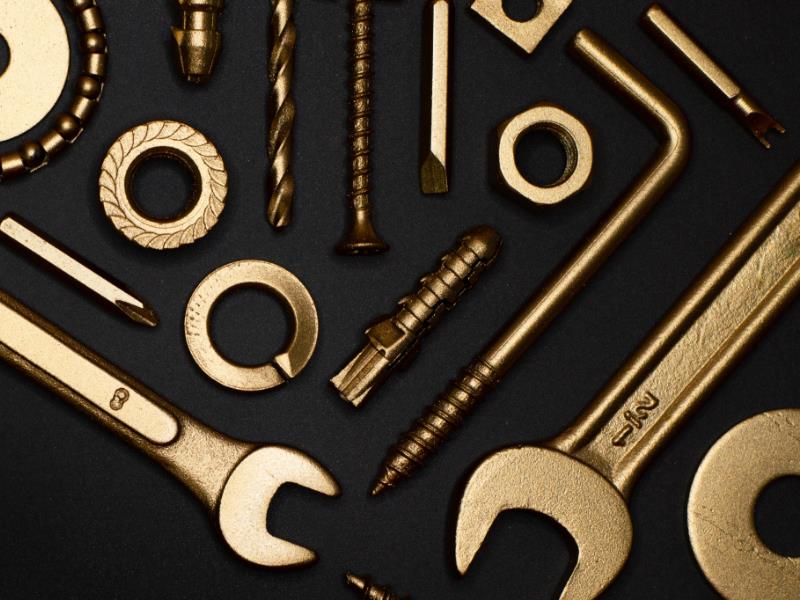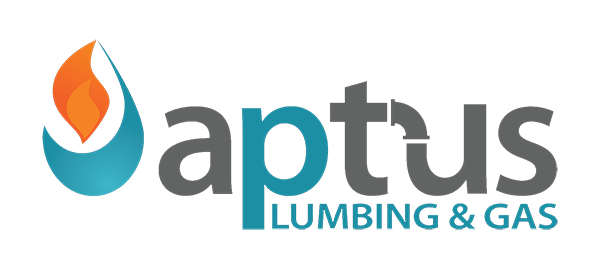Plumbing Tools
Home / Wiki / Plumbing ToolsLast updated Wed 22 Dec 2021
Plumbers employ a wide range of tools and equipment to effectively perform plumbing work, ranging from digital devices at the cutting edge of technology to analogue tools that haven't changed much in the decades, if not centuries, since their introduction.
Tools Used To Install Plumbing
The tools used to install a plumbing system and attain the high level of water pressure it requires to correctly function typically include an array of wrenches, vises, bending machines, cutters, and joining equipment.

Aptus Plumbing pipe cutter
A pipe wrench has remained a core part of a plumber's toolbox into the modern-day. These wrenches are designed to turn either threaded pipes held together by nuts, or the nut itself. Threaded pipes such as these are designed to allow plumbers to quickly create seals that are largely water-tight by winding the pipes together, but to create a truly water-tight seal, the additional leverage offered by a pipe wrench is required to provide a higher amount of pressure to the joining nut.
Other wrenches are utilised elsewhere, though only some are specialised to the work of a plumber. Basin wrenches and faucet keys are both designed to make working with faucets much simpler, while an everyday adjustable wrench remains the go-to tool for any plumber looking to remove any easily accessible nuts.
Similarly, joining pipes via any method more complicated than just threading two unmodified pipes together are requires a combination of highly specialised equipment and commonly available tools.
Most plumbers will, at least once, encounter a pipe that needs to be cut to size to fit within the rest of the system, which makes a hacksaw an absolute necessity, as well as plastic pipe cutters. If, however, the piping is made of copper and the best solution is to solder them together, the plumber will require a small torch, as a soldering iron designed for electronics isn't going to be enough to heat the pipes enough to melt the solder. Other common items used for joining pipes include a press-fitting system, pliers, combination tools, tube benders, plumbing brushes, and thread sealing tape, to name a few.

An assortment of plying and cutting tools.
Tools Used To Monitor Plumbing
There are a variety of tools designed to monitor and maintain the performance of existent plumbing, which reduces the incidence rate of errors while also allowing plumbers to accurately diagnose anything that does go wrong.
For instance, backflow devices ensure that, should the water pressure at any one point in the plumbing system suddenly increase, no potentially unsafe water is forced back into the public reservoir, which helps protect neighbouring homes from water-borne sicknesses. Water softeners prevent any limescale from developing due to high mineral content in the water, and there are UV sterilisation devices available to keep bacteria at bay.

An assortment of wrenches, bolts, hex keys, and other tools.
When it comes to diagnosing plumbing problems, plumbers aren't left lacking for choice. They are able to utilise video cameras on snake arms to visually inspect the inside of pipes and plumbing, or they may choose to reach for a plunger in an attempt to perform manual maintenance.
Tools Used To Protect Plumbers
Due to the high-risk nature of the profession, plumbers also utilise a good amount of personal protection equipment to help keep themselves safe from various threats present on the worksite. Googles, face masks, and gloves are standard issue for most plumbers who are actively crawling around while working with plumbing systems, as the eyes, the mouth, and the hands are excellent infection vectors for any bacteria, virus, or other illnesses existent in the waste products present within a plumbing system. Goggles are also an excellent choice for protecting against any other stray pieces of matter that may damage your eyesight, such as sparks sent flying by welding, small pieces of material being torn off pipes, or simply a piece of the building the plumber is working in that they would have otherwise accidentally collided with.
While working with a soldering torch, it is also wise for a plumber to employ a heatshield and a face mask. Solder is made of lead and will evaporate, in part, when it is exposed to the heat of the soldering torch, and those fumes can cause health complications to the plumber if they are directly and regularly inhaled in high quantities. That same heat also presents a risk to both the plumber and any object surrounding the pipes they are trying to solder, so employing a heatshield to protect the building from the risk of catching alight is both practical and advisable.

A hacksaw in use, cutting copper pipes.
Kodi Sexton
01 Jan 2026
Verified
So nice and professional. Came earlier than originally advised which was fantastic and were in and out so quickly. Even answered some of my random questions about our gas system that I was curious abo... more
Shannon Trimmer
19 Dec 2025
Verified
The guy who came to fix our tap was great. He was really nice and my daughter and I felt very comfortable with him in our home. Should be more guys like him around.
Mahmood “Poya” Yahyavi Azad
12 Dec 2025
Verified
Thank you Jeff (hopefully I've spelled your name right) for the helpful advice over the phone to get my gas hot water system running again over the weekend. Was very helpful and informative! Just from... more

We happily service all areas of Brisbane and beyond. Get in touch today.
And enjoy peace of mind with a dedicated team on call 24/7
